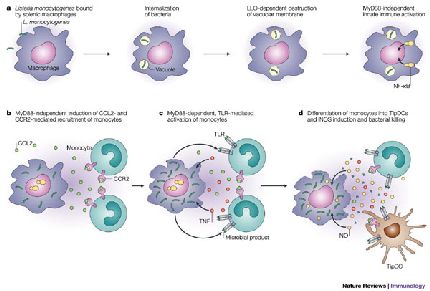What are antibiotics? Antibiotics are strong medicines used to treat infections, including life-threatening infectious diseases. But antibiotics can do more harm than good when they are not used properly. You can protect yourself and your family, knowing when to use antibiotics and when you should not. How do antibiotics work against all infections? Number of antibiotics only work against infections caused by bacteria, fungi and certain parasites. They do not work against any infections caused by viruses. Viruses cause colds, flu and most coughs and sore throats. What is antibiotic resistance? BЂњAntibiotic resistanceBЂ "and BЂњbacterial resistanceBЂ" ways of describing the same thing. Usually antibiotics kill bacteria or stop their growth. However, some bacteria are becoming resistant to certain antibiotics. This means that antibiotics will strattera dosing not work against them. Bacteria become resistant more quickly when antibiotics are used too often or not used properly (ie not take a full course of antibiotics as prescribed by your doctor). Bacteria resistant to one antibiotic can sometimes be treated with antibiotics. These other drugs may have administered intravenously (through a vein) in hospital. Several species of bacteria resistant to antibiotics and all is incurable. What can I do to help yourself and your family? Do not expect antibiotics to treat any disease. Do not take antibiotics for viral illnesses such as colds or flu. Often the best you can do is let colds and flu to go in turn. Sometimes it may take 2 weeks or more. If the disease gets worse after 2 weeks, consult a doctor. He or she can give you advice about what you can do to relieve your symptoms while your body fights the virus. How will I know when I need antibiotics? The answer depends on what is causing your infection. Here are some basic principles. Viruses cause these diseases. They can not be cured with antibiotics. Cough or. Viruses almost always cause them. However, if you have a problem with lungs or illness that lasts a long time, bacteria can actually be the cause. Your doctor may decide to try to use antibiotics .. Most sore throats are caused by viruses and do not require antibiotics. But

caused by bacteria. Your doctor can determine if you have a sore throat and may prescribe antibiotics. Ear infection. There are several types of ear infections. Antibiotics are used for some (but not all), ear infection .. Antibiotics are often used to treat infections of the sinus. However, a runny nose and yellow or green mucus does not necessarily mean you need antibiotics. What else should I know? If your doctor does prescribe antibiotics for you, make sure you take all medication even if you feel better after a few days. This reduces the likelihood that they will all leave the bacteria in your body that could potentially become resistant to antibiotics. Never take antibiotics without a prescription. If for any reason, you antibiotics left over from the time when you were already sick, do not take them if your doctor tells you that this is normal. Remains of antibiotics may not work on anything that makes you sick. If they work, it probably will not be enough left medicine completely kill all bacteria in your body. You not only better, but it increases the likelihood that bacteria are becoming resistant to antibiotics. You can prevent catching infections in the first place by practicing good hygiene. Wash your hands with soap and water, especially after visiting the toilet, coming into contact with feces (eg, from animals or from changing the diapers of the child) and before eating. .
No comments:
Post a Comment